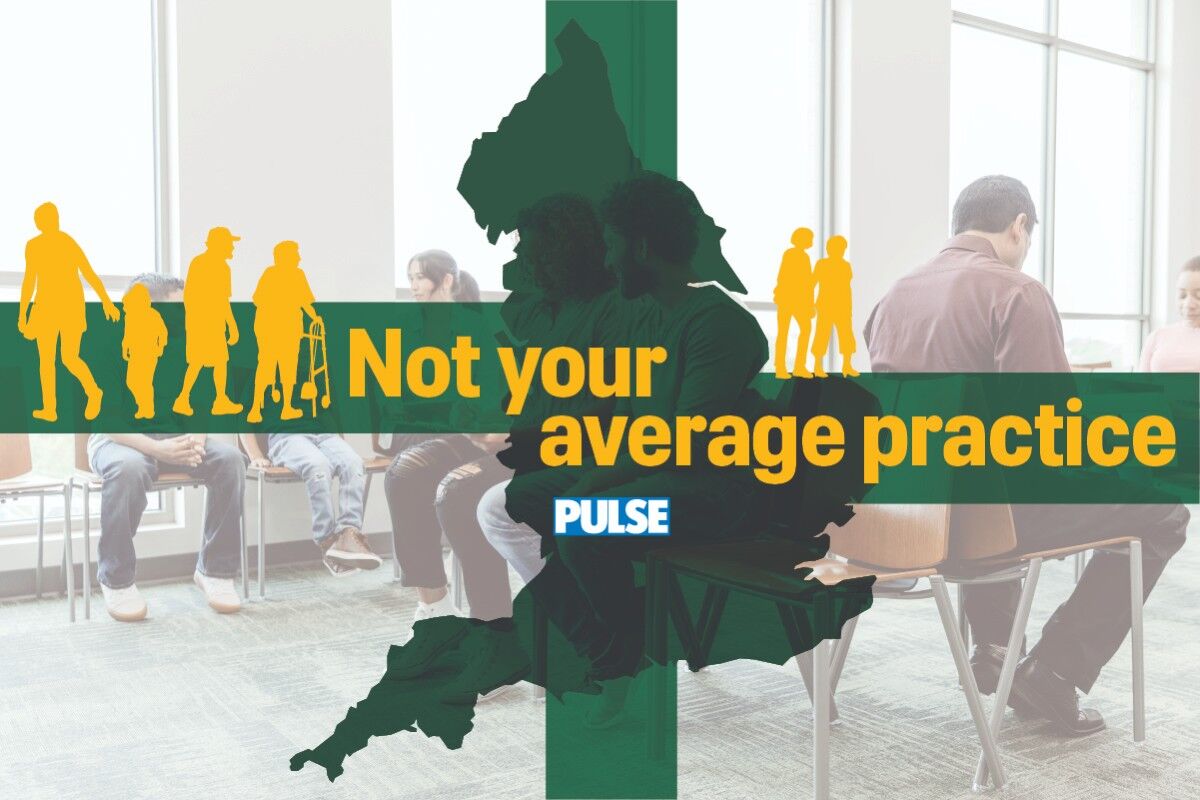Group consultations are being rolled out across a London borough with the aim of reducing workload and improving patient care.
The initiative, led by a Croydon GP working with the local CCG, is already implemented in two practices, with five more joining shortly.
NHS Croydon CCG Together for Health and Care board chair Dr Emily Symington – a local GP – is leading on the programme.
Speaking at the RCGP conference in Glasgow on Friday, she explained that group consultations – suggested as one of the Ten High Impact Actions to release capacity in the GP Forward View – enable her to use time efficiently and reduce her workload.
Dr Symington said her practice use group consultations for patients with long-term conditions, such as diabetes.
She explained that they usually last around an hour and a half, with around 10 to 15 patients and a facilitator leading the session. However, the GP is only present for approximately 45 minutes.
Since starting the initiative in 2016, both practices carrying out group consultations have found that the patient response is overwhelmingly positive.
According to Dr Symington, 85% of patients across the two surgeries reported that they feel they spend more time with their clinician, while 80% said they understand their condition better, and 80% disclosed that they would attend another group consultation.
The CCG are now hoping to expand the programme.
Dr Symington said: ‘In Croydon we are working hard to get this embedded across the borough. We have two practices, mine and one other, that are really up and running and we’ve got another five or so that are coming on board. We are working on the rest.
‘There are some that are very keen but have logistical issues around space and so on, that we’re working through. So, we’re ironing those out and then we’ll get them on board.’
She said that this could be ‘a solution to the workload crisis’ and she feels ‘so much better after delivering a group consultation than I do after an afternoon of one to ones’.
Dr Symington explained that her practice ‘definitely has not seen an increase in workload’ and in ‘certain ways we have reduced it’.
She added: ‘It doesn’t stop them coming back for a one to one if they need to, but you can definitely think about making it efficient when covering things like QOF and annual reviews, you can do all that in a group and then you’re only seeing people in individual consultations if there is an additional clinical need.’









